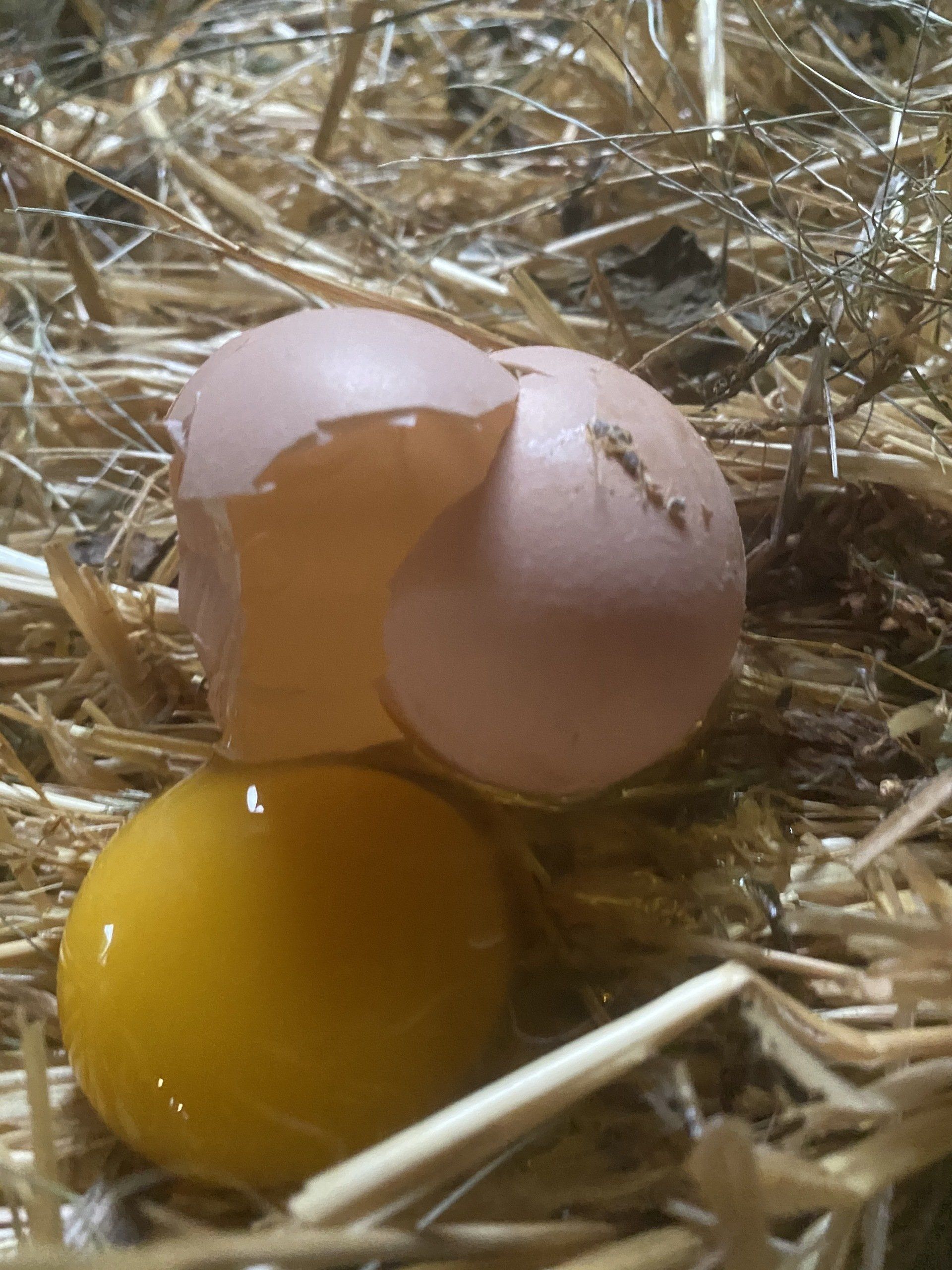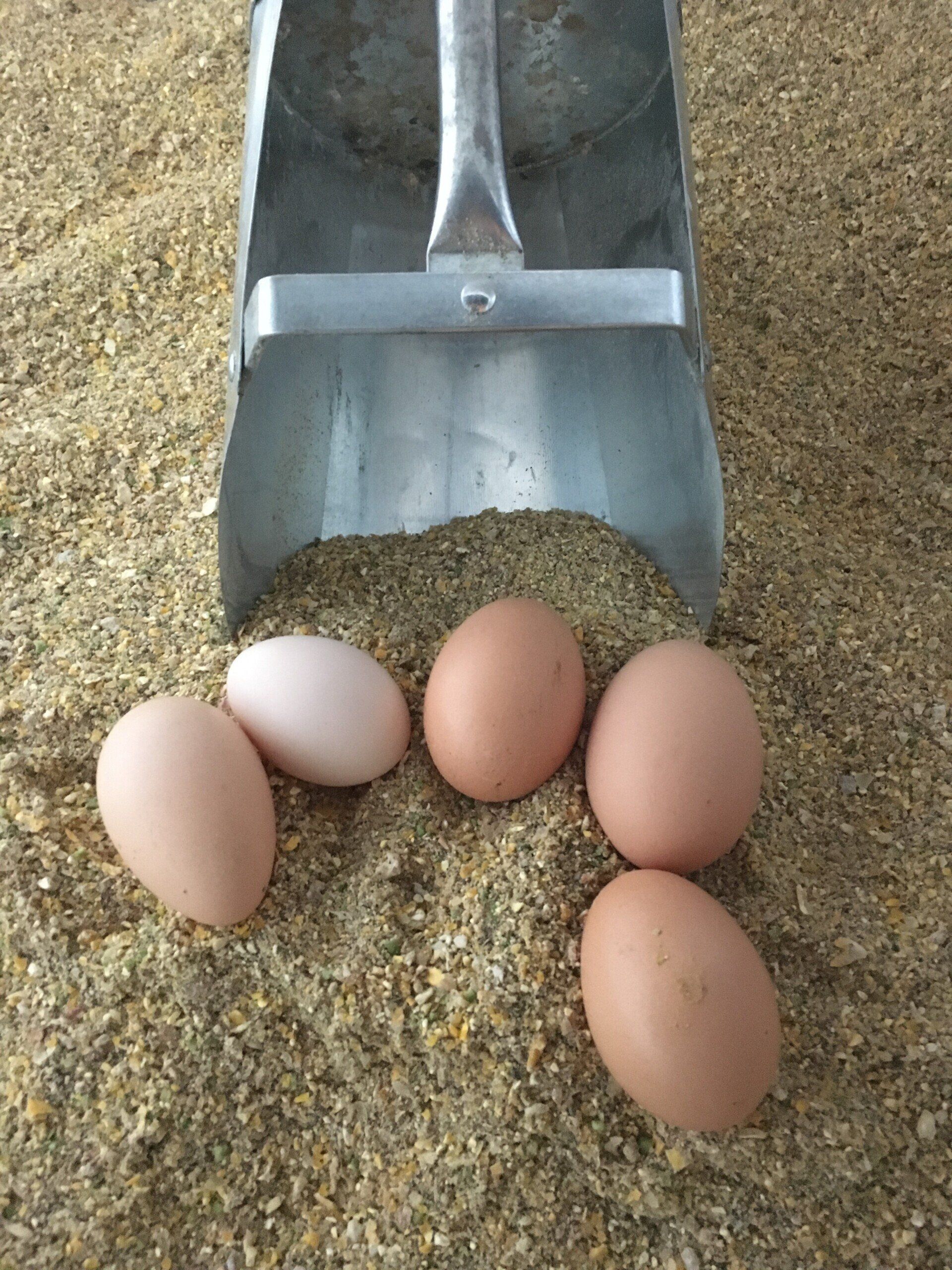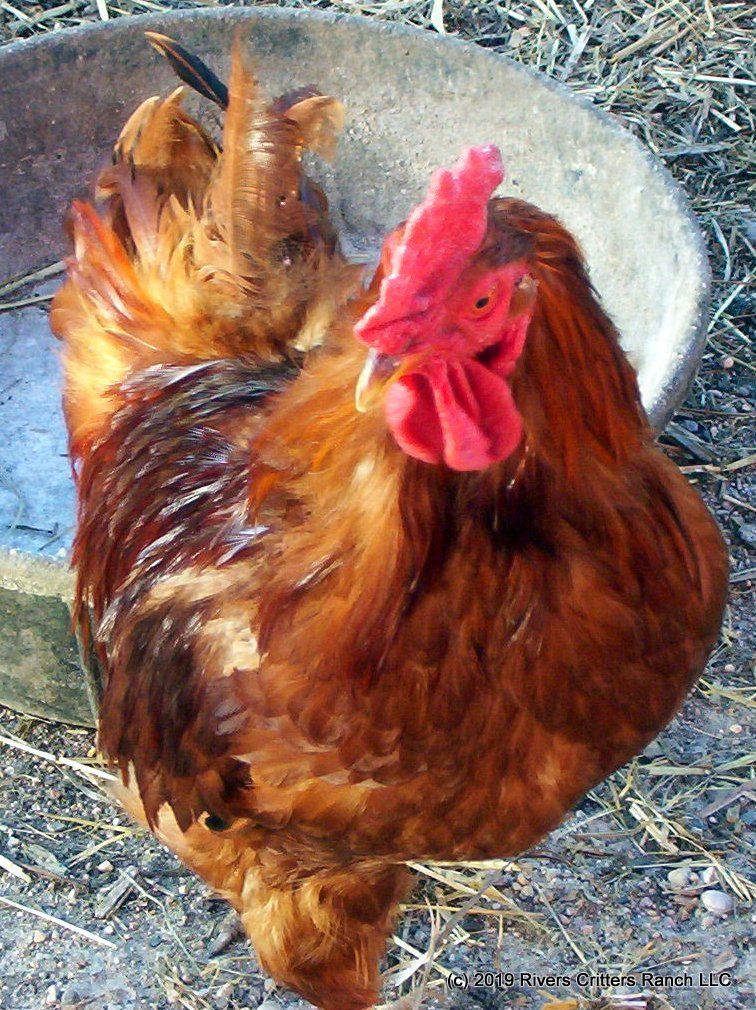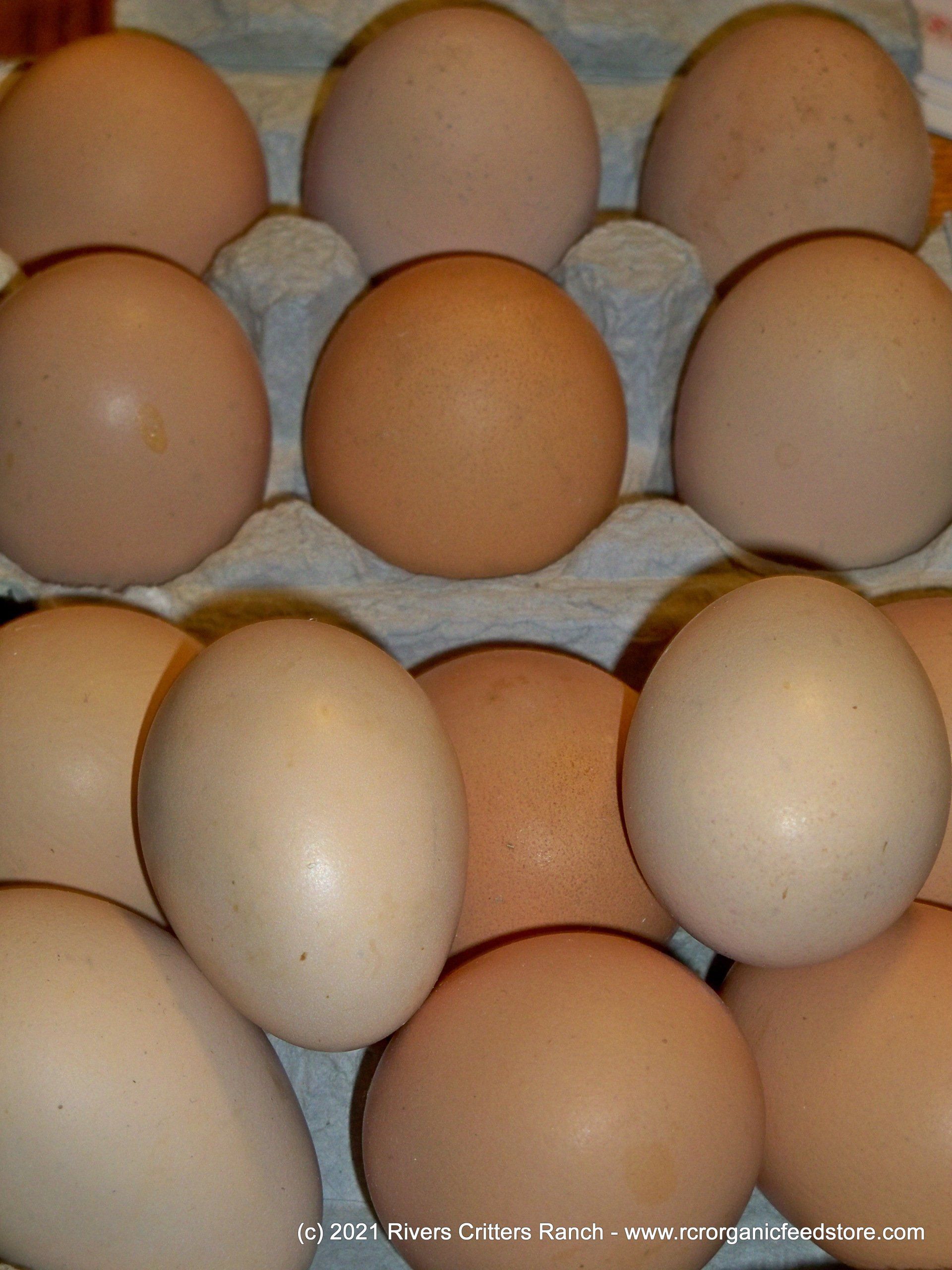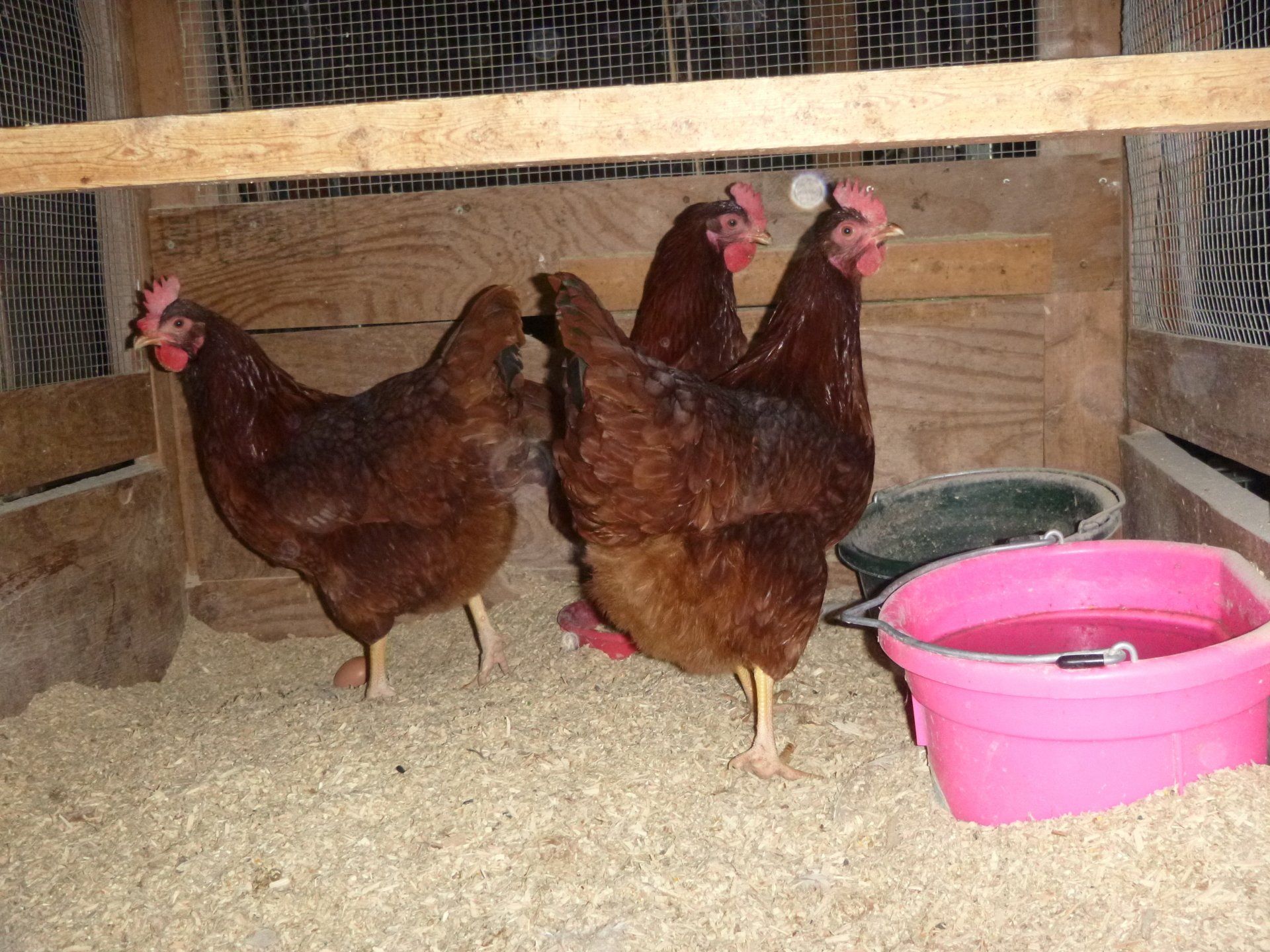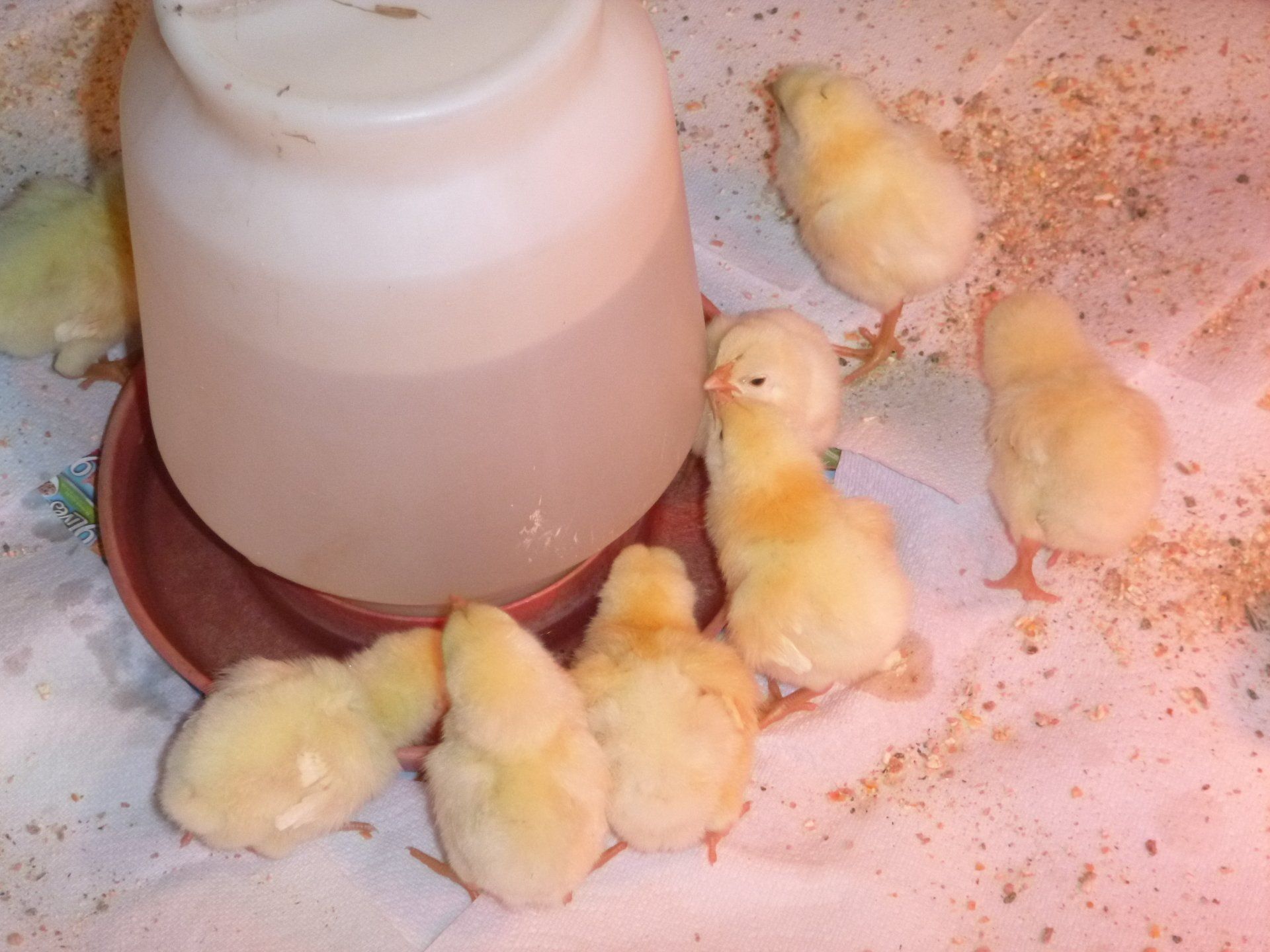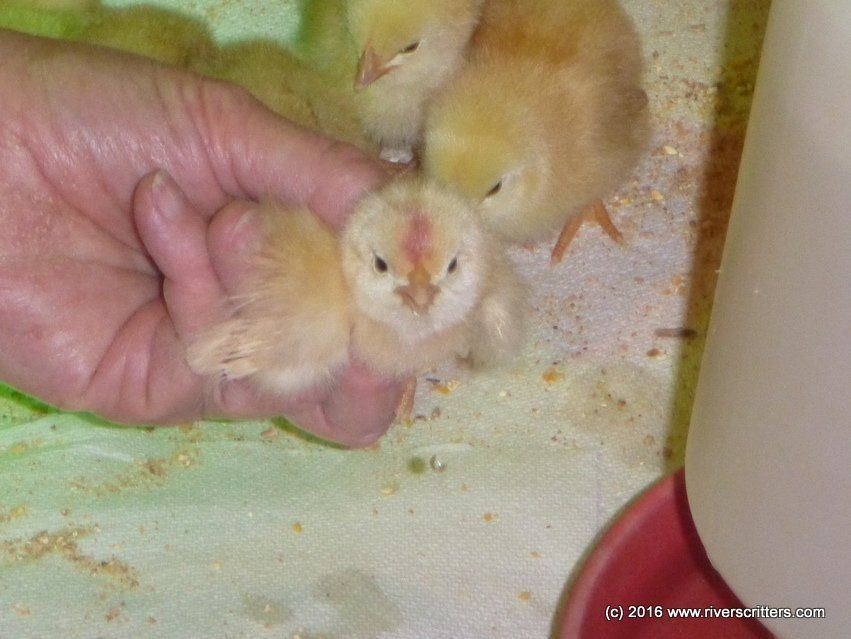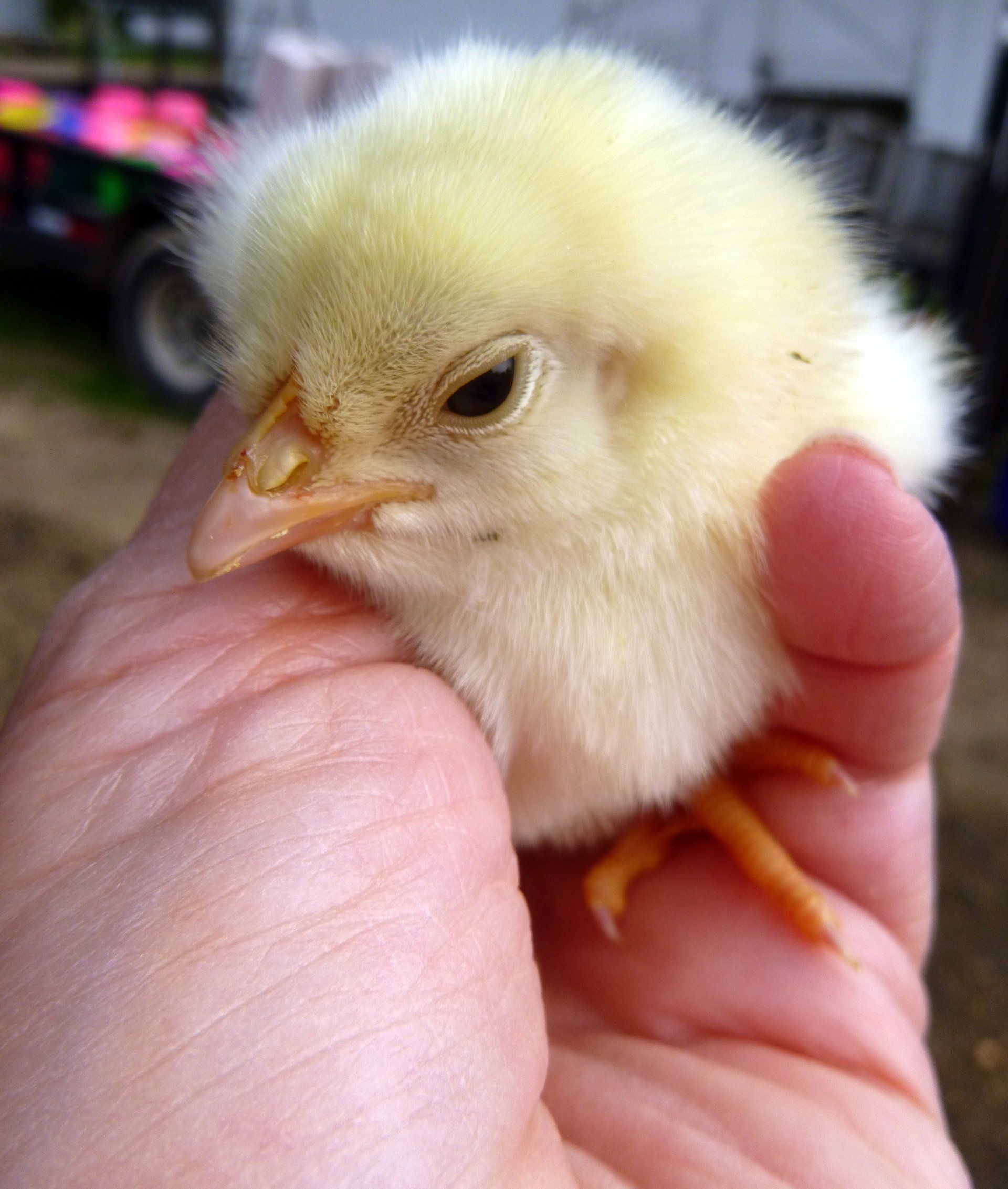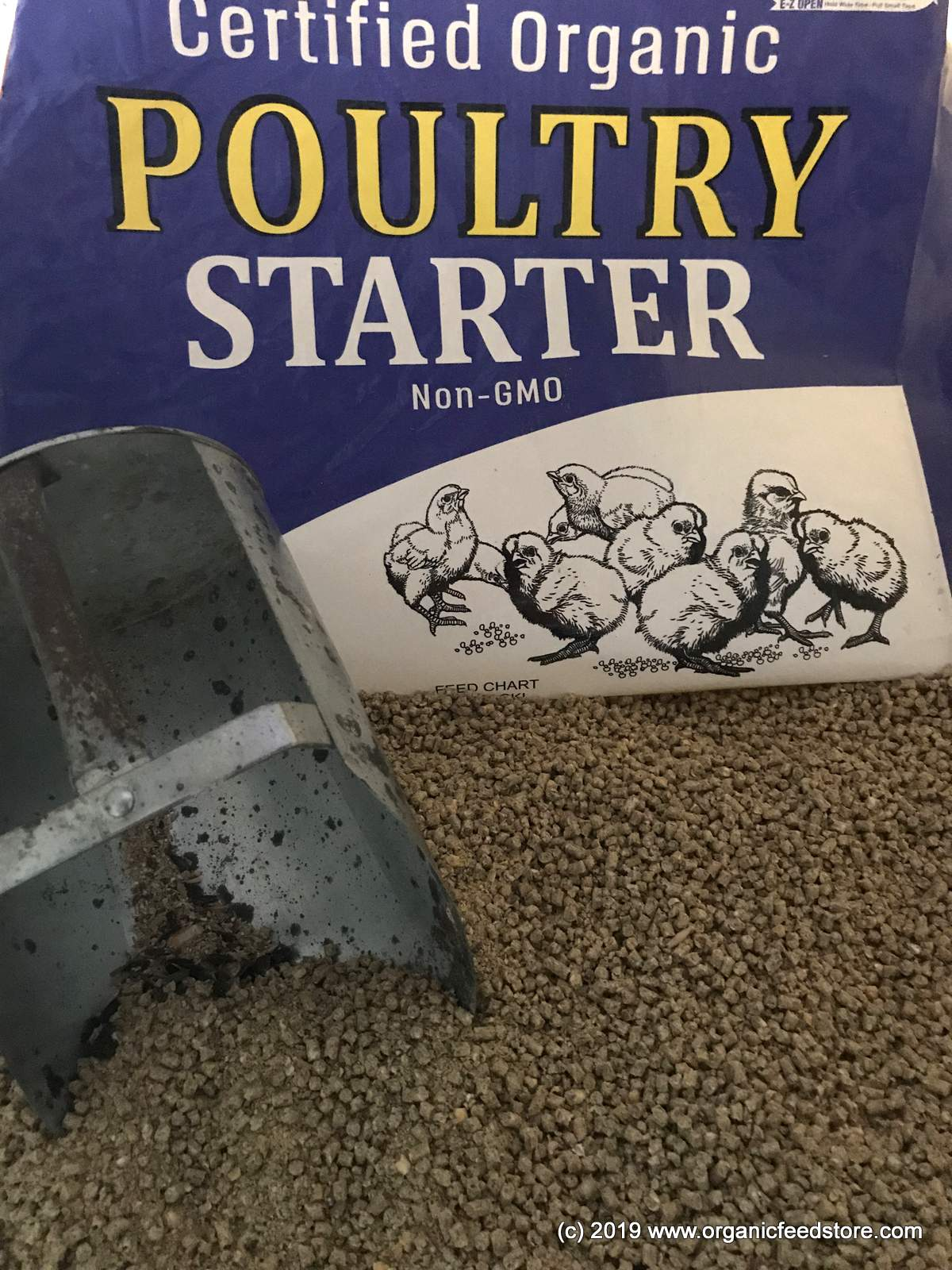Cleaning Your Eggs
How to clean your eggs.
Your first action to keep your eggs clean is to keep your nesting boxes clean. This will mean keeping clean straw in it. Some chickens will toss the straw out, however, keeping straw in the nesting box will prevent the eggs from dropping on a hard surface and breaking plus a nice layer of clean straw daily will avoid excess manure on your eggs.
When your hens lay an egg it will have “bloom” on it. Bloom is a coating that the hen leaves on the egg when she lays it. Another name is “cuticle.” More specifically, the bloom is a protein (a mucous secretion) that covers the egg when it is laid. Its purpose is to block bacteria and keep the egg fresh. This is important because it keeps the inside of the egg full of nutritious goodness. For humans this means that the egg keeps longer and for a baby chick it means that the chick itself is protected from the bacteria as it sits in the nesting box for three weeks and it supplies the chick with fat, protein and vitamins.
If your nesting boxes are clean there will be little manure or dirt on them. In this case it is preferred and reasonable to just clean this off with a light rub of fine sandpaper. This is called a “dry clean” and will leave the bloom intact.
However, if there is a lot of manure on the egg you will have to use more aggressive means of removing it. Also, don’t delude yourself that leaving the manure on the egg will keep it fresh because you haven’t disturbed the bloom. I assure you that the opposite is true as chicken manure is a health hazard. Salmonella and Campylobacter are carried by healthy chickens. These diseases are usually not communicated by the live chicken to people. They can, however, be communicated to people through direct exposure to chicken manure, or by eating under cooked chicken and eggs.
To clean an egg that has mud, manure, or broken egg on it you will have to move to a more aggressive means of cleaning which means that you will have to use water to clean your egg. I find the easiest way is to wet a paper towel or cloth with tepid water and gently remove the offending substance.
There is conflicting data on whether or not to use cold or warm water to clean your eggs. The cold water camp claims that the cold will expand the egg inside the shell and prevent bacteria from entering. The warm water camp (no more than 20 degrees warmer than the egg – so tepid) claim that cold water causes the pores of the eggshell to suck the bacteria into the egg. I don’t know which is correct. As a rule of thumb, if I must determine if an egg is still good or if I have to submerge an egg into water to clean it, I use it right away. In fact, if an egg is so dirty that it has to be submerged in water and soaked which is usually the case if it has broken egg yolk on it, I usually throw it away. I am not interested in getting myself, my family, my friends, or my clients sick. If you have to wash the egg under running water to clean it (again tepid), wipe it dry right away.
For any egg that was been cleaned with the wet wash method rub a light coating of organic canola oil on it. This will not only make the egg look glossy, but it will reseal the shell. Also, when storing your eggs place your eggs pointed side down as it will keep them fresh longer.

